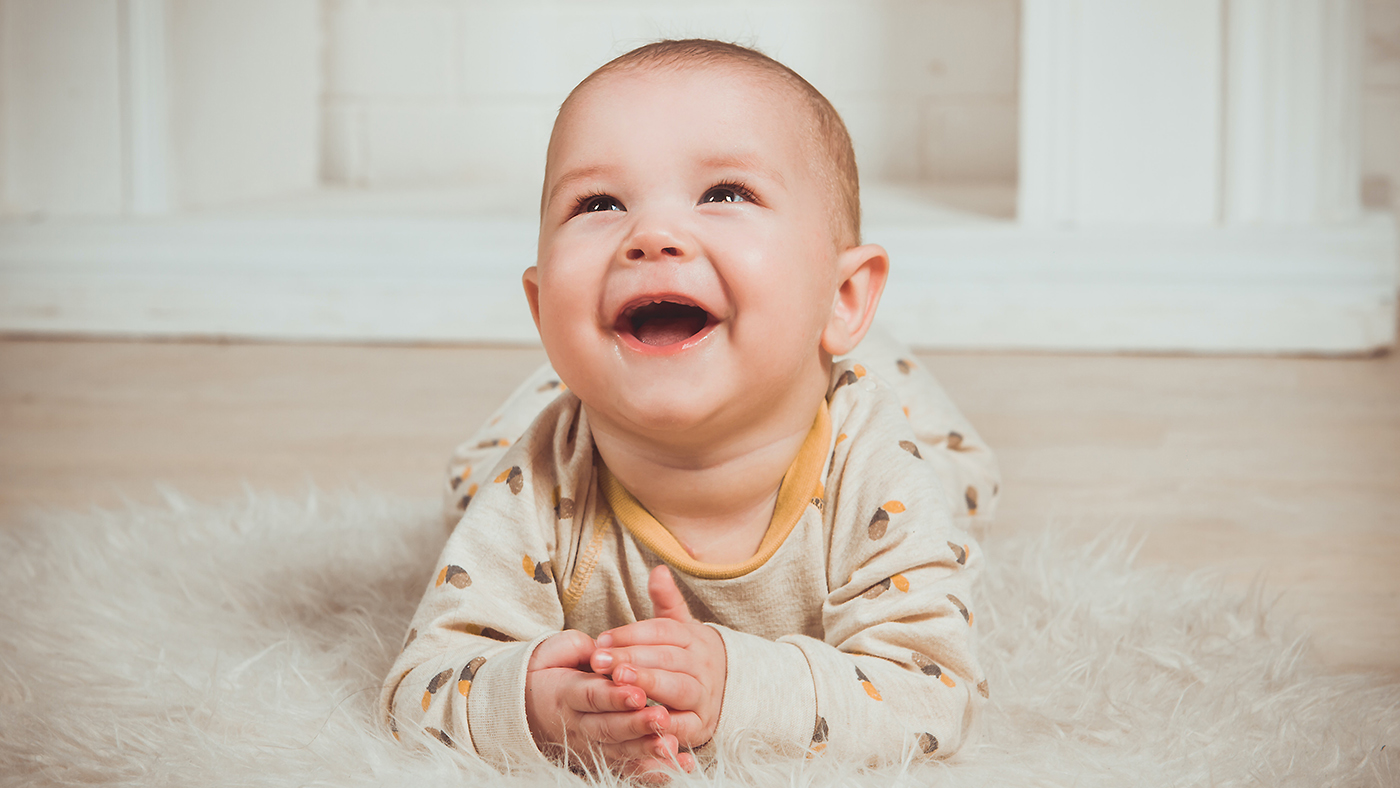How experiences leave emotional imprints on your baby's brain

Your baby has been learning about how to attract attention using movement and sound. They have been testing and comparing your responses to them, while becoming aware that looking at faces is a powerful way of sharing communication.
Your relationship with your baby is increasing in strength and your baby is learning the differences in your tone of voice. Your loving voice is promoted when you sing to them and your baby may fix on your face during song times. Singing connects babies to their families while promoting an intimate secure moment in time.[1]
Neural pathways, experiences and emotional 'imprints'
Your baby will be starting to look at you as you sing and is wanting to interact with you. Each interaction builds experiences in their brain and these build emotional traces. Every experience a baby has leaves an emotional imprint, and their life's emotional patterns are woven into their brain's neural pathways.[2]
Your baby is learning that emotional responses can vary, and also that singing enables a positive form of communication for you both. They will be familiar with a few songs by now and are keen to respond by using primitive communication. The neural pathways in your baby’s brain are sending messages to your baby to actively participate with this gratifying time. These types of behaviours are activated by the neurons in their brain.
Relationships and endorphins: the science behind love!
We are social creatures who depend on relationships to survive. Your baby is learning that feelings can create action. It is these actions that provide your baby with the idea of mutual responsiveness.[3]
The ability of a baby to communicate emotions allows for coordinated interactions with caregivers and help form the foundation of an emotional relationship.[4]
Not only is your baby’s brain learning about these emotions, each time your baby receives a positive reaction from you, beta-endorphins are released making your baby feel good. Your baby’s social brain is growing and developing, remembering memories and thoughts. Your baby is remembering that there is more to come in the song and waits with anticipation for the action stage.
While singing with your baby and holding them with a loving touch, several sensory modalities are activated concurrently. Gazing into your baby’s eyes promotes visual stimulation, while soothing singing provides auditory stimulation.[5] These modalities promote the release of beta-endorphins and your baby’s brain is sending messages that this is a good feeling.
Your baby’s brain will continue to learn from experiences and build emotional traces
When actions are repeated it helps the brain to learn that the traces are secure, allowing your baby to trust their new developing feelings. This will eventually lead to your baby gaining the ability to hold on to memories and use them purposefully. Your baby will begin to remember repeated events, such as singing a song at nappy time. If singing happened each nappy time, your baby would learn that this is song time. As they grow, your baby would expect a song to be sung each nappy time. This will then lead to your baby joining in with singing, whether that be a vocalisation or much later, singing along with you.
References:
[1] Dyke, J (2019). Songs, Rhymes and Finger Plays. Froebel Trust.
[2] Zeedyk, S Babies - connected baby
[3] Gerhardt, S (2004) Why love matters; how affection shapes a baby’s brain. Routledge.
[4] Santrock, JW (2011). Child Development, An Introduction. (13th Edn.). McGraw Hill.
[5] Bigner, JJ, Gerhardt, C (2014). Parent-Child Relations, An Introduction to Parenting (9th Edn.). Pearson.